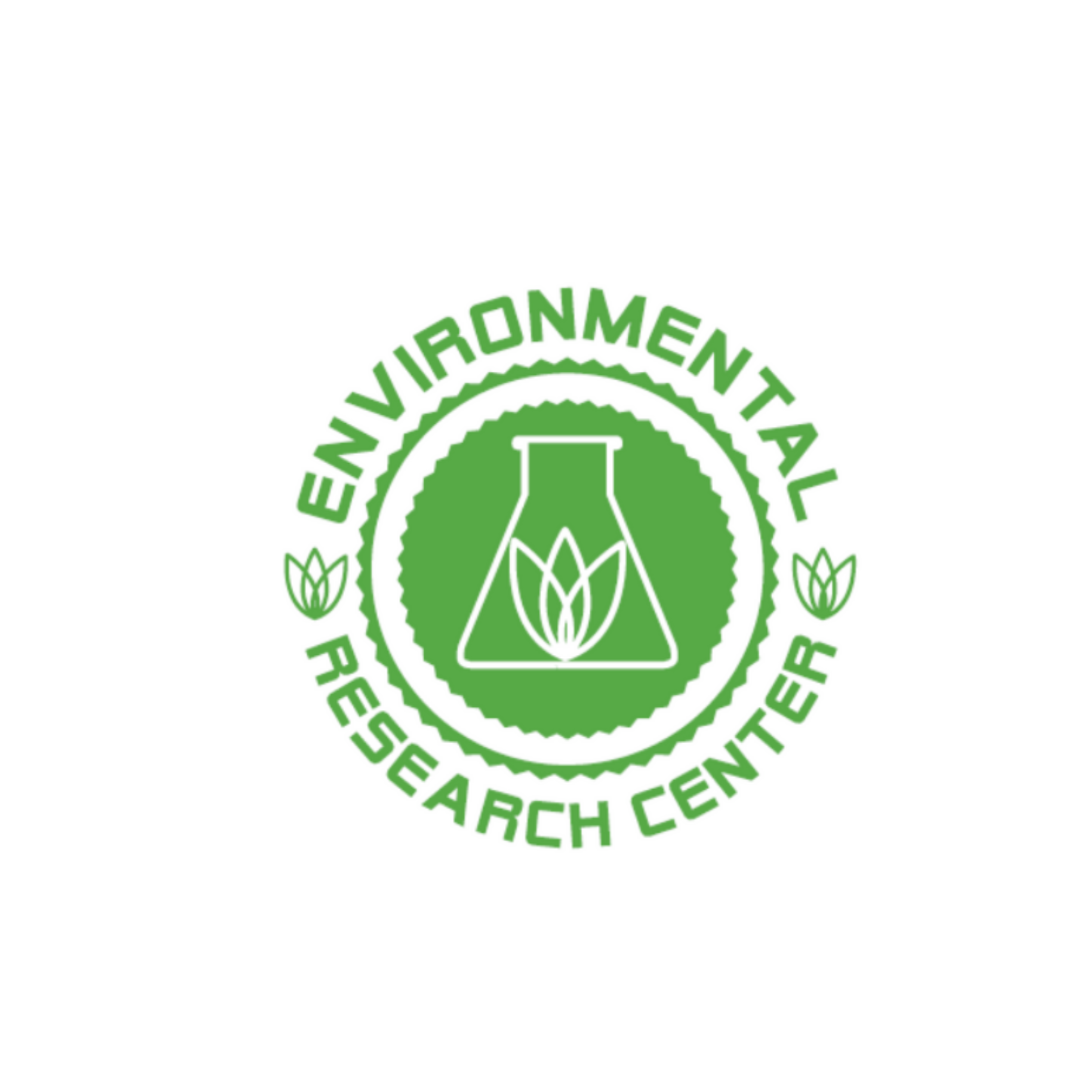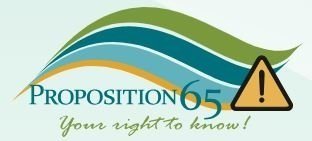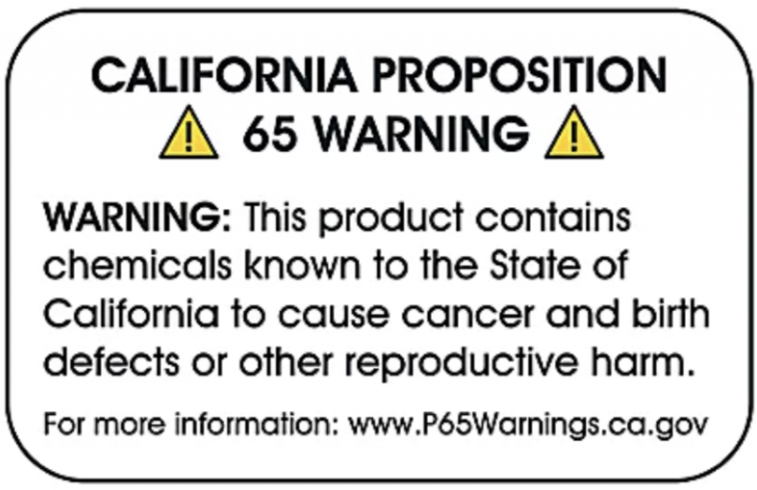Proposition 65: Protecting Your Health
Proposition 65, formally known as the Safe Drinking Water and Toxic Enforcement Act of 1986, is a California law designed to give consumers clear information about potential exposure to chemicals that may cause cancer, birth defects, or other reproductive harm. The law requires the State of California to maintain and update a list of chemicals known to pose these risks, and it obligates businesses to provide warnings when their products contain these chemicals above certain safety thresholds. Prop 65 exists to ensure transparency—allowing consumers to make informed choices about the products they bring into their homes and bodies.
How Proposition 65 Works
The Prop 65 chemical list is updated regularly as new research identifies substances that pose health concerns. When a chemical is added to the list, businesses are required to evaluate whether their products may cause significant exposure to that chemical. If exposure exceeds the state’s designated safety levels—called the No Significant Risk Level (NSRL) for carcinogens or the Maximum Allowable Dose Level (MADL) for reproductive toxins—a clear and reasonable warning must be provided. These warnings can appear directly on the product packaging, online listings, or in retail environments. Manufacturers, distributors, and retailers are all responsible for ensuring that products sold in California comply with the law.
Prop 65 warnings are intended to serve as a clear signal to consumers that a product may expose them to chemicals associated with cancer or reproductive harm. While the presence of a warning does not automatically mean a product is unsafe, it provides consumers with the knowledge they need to decide whether the product fits their comfort level. This is especially important for families, athletes, individuals with health concerns, and anyone seeking clean, transparent wellness products. Without the law, many of these exposures would remain undisclosed.
Chemicals Listed Under Proposition 65
The Prop 65 list includes over 900 chemicals, but certain substances appear more frequently in the types of products ERC reviews. Heavy metals such as lead, cadmium, arsenic, and mercury are commonly found in supplements, protein powders, botanicals, spices, and imported goods. These metals accumulate in the body over time and pose significant risks—especially to pregnant individuals and children. Other widely cited chemicals include phthalates, which are used to soften plastics and can disrupt hormone systems, and acrylamide, a chemical that forms in certain foods during high-heat processing. Providing consumers with awareness of these chemicals helps them avoid unnecessary exposures.
Common Litigation Issues
Prop 65 is enforced through civil actions brought by the California Attorney General, district attorneys, city attorneys, or private enforcers acting “in the public interest.” Private enforcement has become particularly prominent, often involving specialized law firms or nonprofit organizations that issue hundreds of notices annually.
Failure to Provide Adequate Warnings: Businesses may face lawsuits for failing to display clear and reasonable warnings about potential chemical exposures. For example, a retailer selling ceramic mugs with lead-containing glazes might be sued for omitting proper warning labels about lead exposure risks.
Presence of Listed Chemicals in Products: Claims frequently arise when products sold in California contain listed chemicals above the regulatory safe harbor levels. For instance, food manufacturers have faced lawsuits alleging that acrylamide levels in baked goods and coffee exceeded allowable limits.
Testing and Methodology Disputes: Litigation often involves disputes over testing methods used to detect listed chemicals. Plaintiffs may argue that a business’s testing failed to account for specific exposure scenarios, such as cumulative exposure from daily use of a product.
Discharge Violations: Allegations of prohibited chemical discharges into drinking water sources can result in significant penalties and remediation requirements. An industrial facility found to be releasing chromium-6 into groundwater might face costly enforcement actions.
Penalties and Settlements
Prop 65 allows for civil penalties of up to $2,500 per violation per day, as well as injunctive relief to correct alleged violations. Many cases settle out of court, with businesses agreeing to reformulation commitments, revised warnings, or financial payments. Settlements can include substantial attorney fees for private enforcers. For example, a dietary supplement company might agree to pay $500,000 in penalties and legal fees while reformulating its product to reduce lead content. Relevant legal defenses can reduce this amount significantly
Examples of Products Commonly Affected
Plant-based powders
Herbal blends
Protein powders
Personal care items
Cosmetics
By highlighting these categories, ERC helps consumers understand where hidden risks may be found and encourages companies to prioritize safer, more compliant formulations.
Children’s goods
Plastics
Protein Bars
Kitchenware
Dietary supplements
How Companies Can Comply
Compliance with Proposition 65 begins with proper testing and documentation. Manufacturers should conduct routine laboratory testing for relevant chemicals, maintain detailed ingredient sourcing records, and implement third-party verification programs. If a chemical is present above allowable limits, a clear consumer warning must be provided before the product is sold in California. Companies can also pursue reformulation to eliminate or reduce the chemical in question. ERC encourages companies to adopt proactive safety measures rather than waiting for enforcement action, as this protects consumers and strengthens corporate credibility.
Pay attention to Prop 65 warnings to identify potential risks.
Choose products that undergo third-party testing.
Research reputable brands before purchasing.
Avoid items with unclear or unverified sourcing.
Report products believed to pose a risk to ERC for investigation.
Read product labels carefully, especially when purchasing supplements, herbal remedies, or wellness goods.
How Consumers Can Protect Themselves
Additional Resources
-
For general information on the Proposition 65 list of chemicals, you may contact OEHHA's Proposition 65 program at (916) 445-6900, or visit online. For enforcement information, contact the California Attorney General's Office at (510) 622-2160, or visit online.
-
Key resources available through the California Attorney General’s office include:
A complete list of chemicals known to the state to cause cancer or reproductive toxicity.
Guidance documents explaining compliance obligations.
Instructions on how to provide appropriate warnings.
Information on enforcement actions and legal responsibilities



